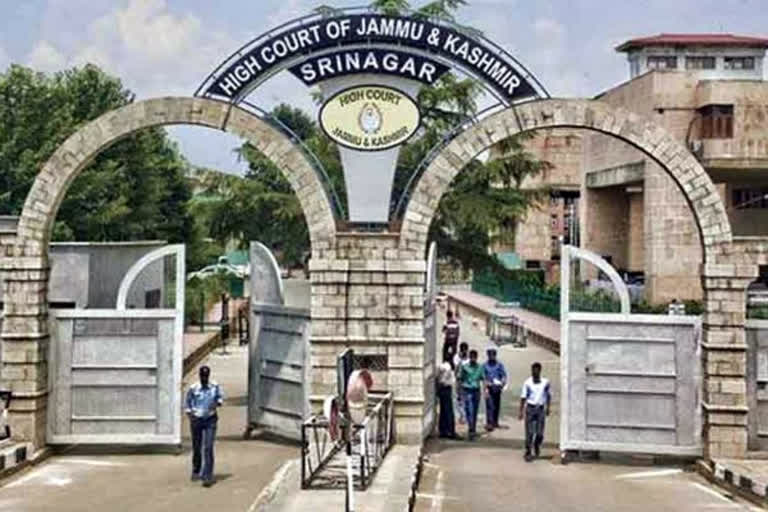Srinagar: In a major development, the Jammu and Kashmir High Court has ordered the reopening of the Nadimarg massacre case. The case pertains to 24 Kashmiri Pandits, who were killed in Nadimarg in 2003. The case will be reopened after a decade of being dismissed. In the hearing on the reopening of the Nadimarg case, High Court judge Justice Sanjay Dhar said, "During the adjournment of the trial, the prosecution filed an application before the trial court asking the Commission to examine the prosecution's material witnesses. Permission was sought, as according to the prosecution, these witnesses had migrated from the Kashmir Valley and were reluctant to give their statements before the Shopian trial court in view of the perceived danger."
He added, "The said application was dismissed by the Principal Sessions Judge Shopian vide his order dated 09.02.2011. The said order was challenged by the prosecution vide Criminal Revision Petition No. 18/2011. On 21.12.2011, the said the revision petition was dismissed by this court (High Court)."
Also read: JK Police to attach house of terrorist who killed Kashmiri Pandit
Notably, thereafter, a fresh petition was filed by the State in the High Court in 2014 challenging the trial court's proceeding from the date of framing of the charge and retrial of the case. A direction is sought for trial or in the alternative to transfer the case to any court of competent jurisdiction in Jammu so that the statements of all witnesses moved in the said case can be recorded without any fear. However, this plea was also dismissed by the High Court in 2014.
Referring to the Supreme Court's 2014 special leave appeal against the High Court's order, Justice Sanjay Dhar said, "The petitioner is free to file a recall petition. In this court, it has been done so that the order dated 21.12.2011 can be started back." On March 23, 2003, Lashkar-e-Taiba militants dressed in fake military uniforms arrived at Nadimarg in the Pulwama district and lined up 24 Kashmiri Pandits and shot them dead. The victims included 11 men, 11 women and two small boys, one of whom was two years old.



